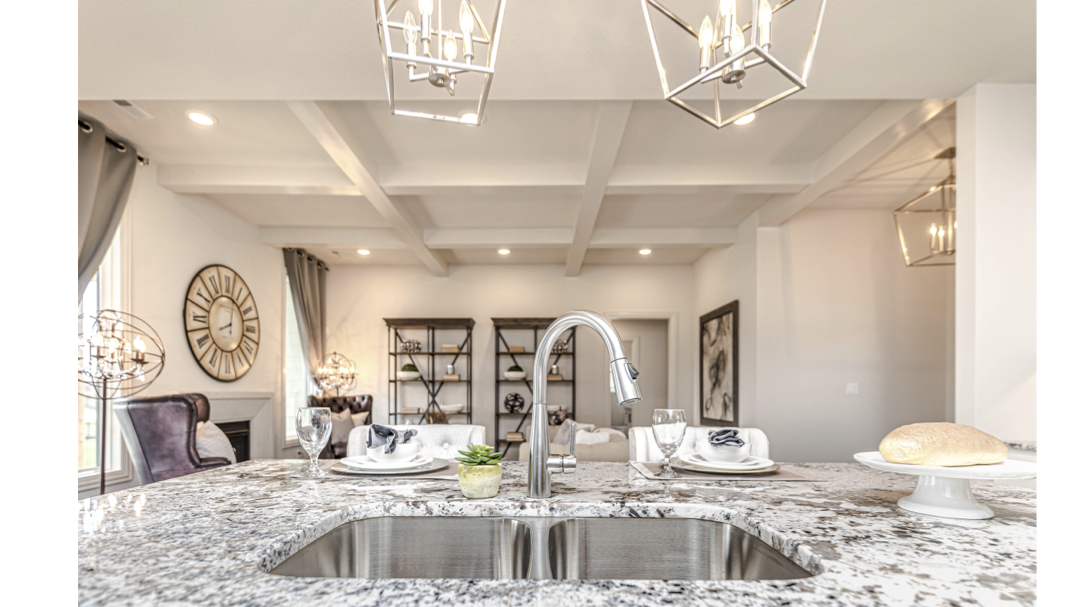Learn the Parts, Processes & Proper Maintenance
If you have an HVAC unit, you probably have lots of questions about how to properly maintain it so you don’t end up with expensive repairs down the road. Understanding your HVAC system can help optimize the results you get from your heater and air conditioner. When you understand the parts, processes and proper maintenance of your system, you will be able to reduce stress and live more comfortably.
What is HVAC?
HVAC stands for Heating, Ventilation, and Air Conditioning. Your HVAC is designed to keep you comfortable all year round and to keep your home ventilated with air from outside. There are a lot of moving parts necessary to keep your HVAC system running smoothly. Today we will look at the basics and the simplified process used to heat and cool your home. We will share some tips to maintain the health and performance of your system as well.
Is installing a reverse osmosis water filter worth it?
Reverse osmosis water is gaining in popularity, but is getting a water filtration system installed in your home really worth it? Why not just drink bottled water? Today we are going to break down all the benefits and potential downfalls of getting your home set up on a reverse osmosis water filtration system. We will also answer the top questions about how having a reverse osmosis filtration system installed in your home may be a much better time, health and cost efficient option.
A hot water heater provides both energy and cost savings over the life of the appliances. There are 2 types, which is right for your home? If you are due for a water heater replacement and are looking for ways to save money on your utility bills, either a heat pump water heater or a gas tankless water heater may be a good option for you.
Whenever it is time to replace any appliance in your home, energy efficiency is usually high on your list of items to consider. Heat pump water heaters get high marks for energy efficiency. They use electricity to move heat from one place to another instead of generating heat directly. This makes them more efficient than conventional electric water heaters, and that efficiency translates into savings on your electric bill.
Most homeowners who have heat pumps use them to heat and cool their homes. But a heat pump can also be used to heat water, either as a self-contained water heating system or as a combination water heating and space conditioning system.
How heat pump water heaters work
Heat pump water heaters get their efficiency by drawing existing heat from the air surrounding them. They then transfer that heat—at a higher

temperature—to heat water in a storage tank. You can purchase a stand-alone heat pump water heating system as an integrated unit with a built-
in water storage tank and backup resistance heating elements. Or, you can also retrofit a heat pump to work with an existing conventional storage water heater.
The place in your home that houses this unit is an important consideration for this type of heater. You will want to make sure that it is installed in an area that maintains a temperature in the 40-90 degree (F) range, and that there is adequate air space (at least 1,000 cubic feet) around the waterheater. Heat pump water heaters do not operate efficiently in cold space since they tend to cool the space they are in. A furnace room, or any other space with excess heat, is an ideal location for this water heater installation.

